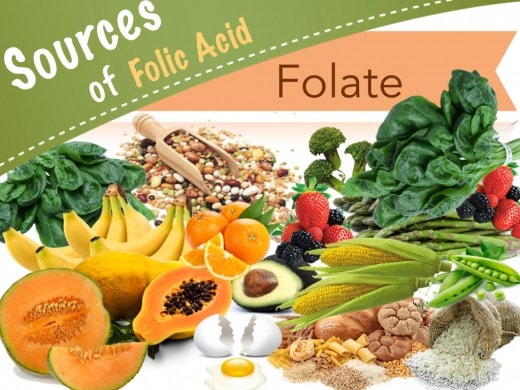Folic acid helps autistic children communicate better
Folic acid, also known as vitamin B9 or folate, is an essential vitamin for the body, especially contributing to the creation of red blood cells, helping the nervous system and immune system function well.
Folic acid helps autistic children communicate better and this is also one of the achievements of medicine.
 |
| Autistic children often have difficulty communicating. (Illustration) |
Autism causes communication disorders
In France, there are approximately 650,000 children with autism spectrum disorder (ASD). Experts estimate that 1 in 100 babies are born with autism, and the risk is three times higher in boys than in girls.
Autism is a disease that is still not fully understood. According to a survey by Opinion Way in 2012, 37% of French people believe that it is a psychological or mental illness...
In fact, this is a neurological disease and according to the definition of the World Health Organization (WHO), this is an early and serious developmental disorder in children. Specifically, autism is a disease that affects the brain and has disorders in communication, behavioral disorders and especially in social relationships.
 |
| Some foods rich in folic acid that should be added to children's diet include eggs, papaya, bananas, oranges, green vegetables, rice, green beans,... |
Folic acid supplementation helps autistic children communicate better
Researchers at the Arkansas Children's Research Institute in the United States found that folic acid supplementation can help children with autism communicate better. To reach this conclusion, scientists conducted a survey of 47 children with autism spectrum disorder, average age 7.5 years old, 80% were boys and divided into 2 groups.
For 12 weeks, group 1 children were given folic acid supplements (50 mg maximum per day) while group 2 took a placebo. After 12 weeks, the researchers found that children who were given folic acid supplements had significantly better communication skills than other children, especially with language improvement.
The research was published in the journal Molecular Psychiatry.
Folic acid - the scientific name is vitamin B9. This vitamin is also called "folate" and is an essential vitamin for the body, especially contributing to the formation of red blood cells, helping the nervous system and immune system function well, participating in the process of scar formation of wounds. According to some studies, this vitamin can reduce blood pressure, enhance the effects of antidepressants and slow down the process of cognitive decline...
If it can be taken as a dietary supplement, this vitamin is also found in pork liver, veal, lamb, spinach, asparagus, flax seeds ... The recommended dose is 200 µg per day for children aged 4-8 years.
According to SK&DS
| RELATED NEWS |
|---|

.jpg)



